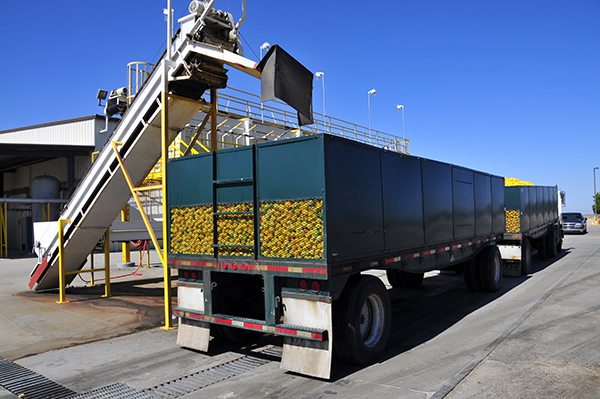
Food Transportation
Before you eat your daily snack: Do you think about where it was produced and from where the components are coming? Maybe it has travelled more kilometers than you have travelled so far in your life. Some food products are travelers, whereas others did not travel more than a few hundred meters. It is definitely desirable for students to travel the world and learn about new cultures. However, it is less desirable for food products.
Food transportation uses planes, ships and trucks, and all of them are a burden to the planet. Carbon footprint is a marker of the amount of these gases and the subsequent burden to the environment. It is, however, not only transport, which can increase the carbon footprint of a food product. Other factors include the greenhouse production, the destruction of rainforests, the entire processing of food as well as preservation processes. We therefore contribute to the production of greenhouse gases when we eat. Hence, we have to look for new ideas that will help us minimizing the impact of food transportation on our planet.
Food transportation uses planes, ships and trucks, and all of them are a burden to the planet. Carbon footprint is a marker of the amount of these gases and the subsequent burden to the environment. It is, however, not only transport, which can increase the carbon footprint of a food product. Other factors include the greenhouse production, the destruction of rainforests, the entire processing of food as well as preservation processes. We therefore contribute to the production of greenhouse gases when we eat. Hence, we have to look for new ideas that will help us minimizing the impact of food transportation on our planet.
Food Production: There might be ways to produce and distribute food without harming the environment. Think about how food production changes the world on the global scale. Maybe we have to produce our food more locally - even in cities.
Carbon Footprint: Every food product has a carbon footprint. Some parts of the food production are ecologically more demanding than others. It would be worth to investigate this phenomenon in a comprehensive way by focusing on one specific food product - similar to a travel diary.
Health Effect: We know a lot about the negative effects of food production and processing. However, we don't know a lot about the potential negative effects of food transportation on the human health.
Carbon footprint, Food transportation, Environment, Ecological and economic impact, Food production, Food miles, Glasshouse management
Related Topics

Ageing
Ageing is a process that involves numerous irreversible changes. There are many theories trying to explain its causes (e.g. genetic predispositions...
READ MORE
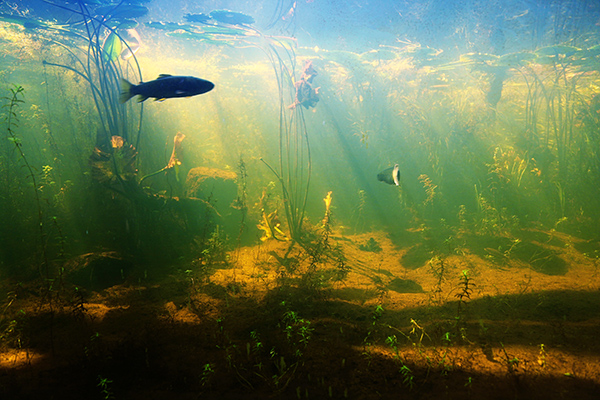
Biotope: Life In The Water
A biotope is defined as the combination of the physical habitat and its associated community of species. Besides other habitats, also the water has...
READ MORE
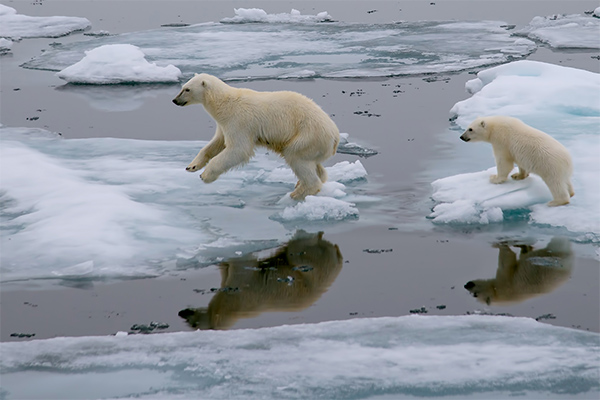
Climate Change
The temperature climate of the earth is unstable and it is getting warmer. We are reaching levels that will cause growing problems unless we manage...
READ MORE

Cyberbullying
With the rise of technology in everyday life, also negative developments go hand in hand. Cyberbullying describes the insulting, threatening, expos...
READ MORE
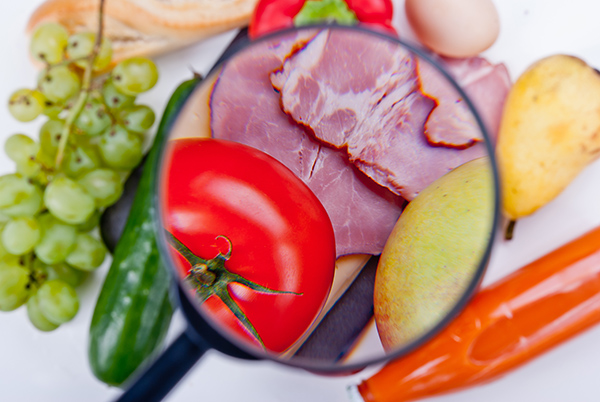
Food Chemistry
Chemistry is all around us. We breathe it, drink it, eat it, wear it, we can write with it and we can do many other things through it. Our food is ...
READ MORE
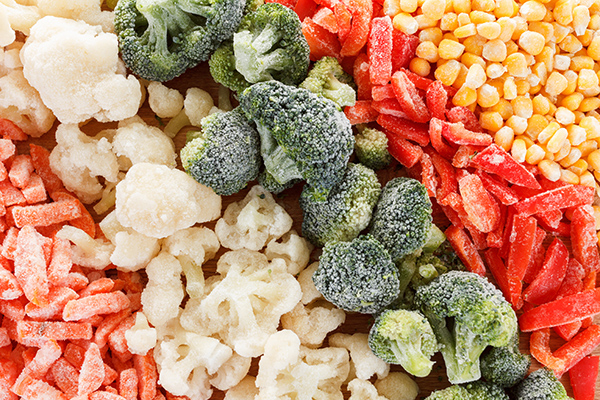
Food Preparation
Preparing food without electricity or gas is unthinkable in our industrialized countries, but it is daily routine in other parts of the world. Eati...
READ MORE
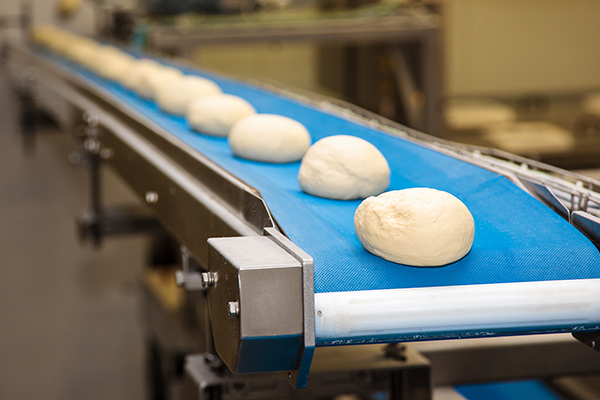
Food Production
The world population has reached 7.4 billion people and this number is increasing every second. Hence, we need to produce more food. However, it is...
READ MORE
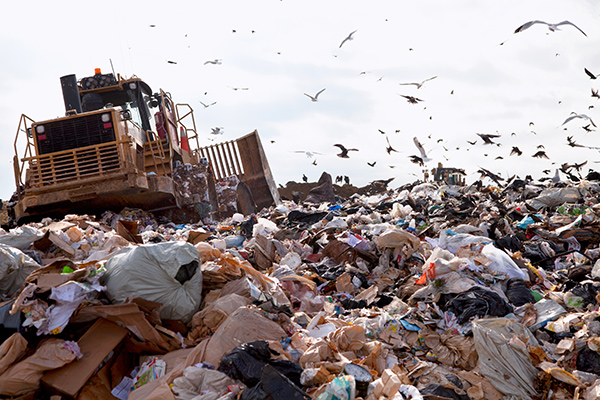
Food Recycling
In the world there are millions of people suffering from starvation and lack of food. Yet, at the same time tons of food products are wasted each d...
READ MORE
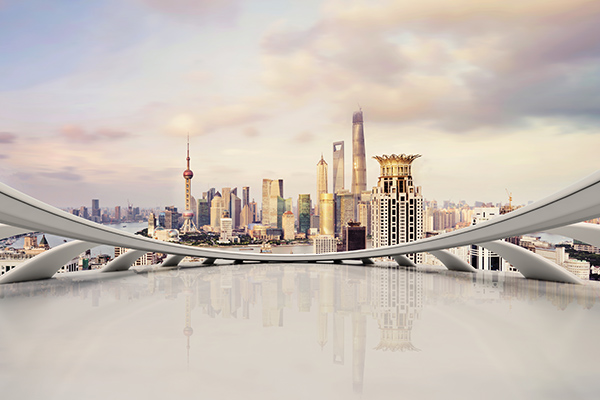
Future Cities
We are living in the age of urbanization, where the majority of the global population lives in cities instead of rural areas. This of course create...
READ MORE




